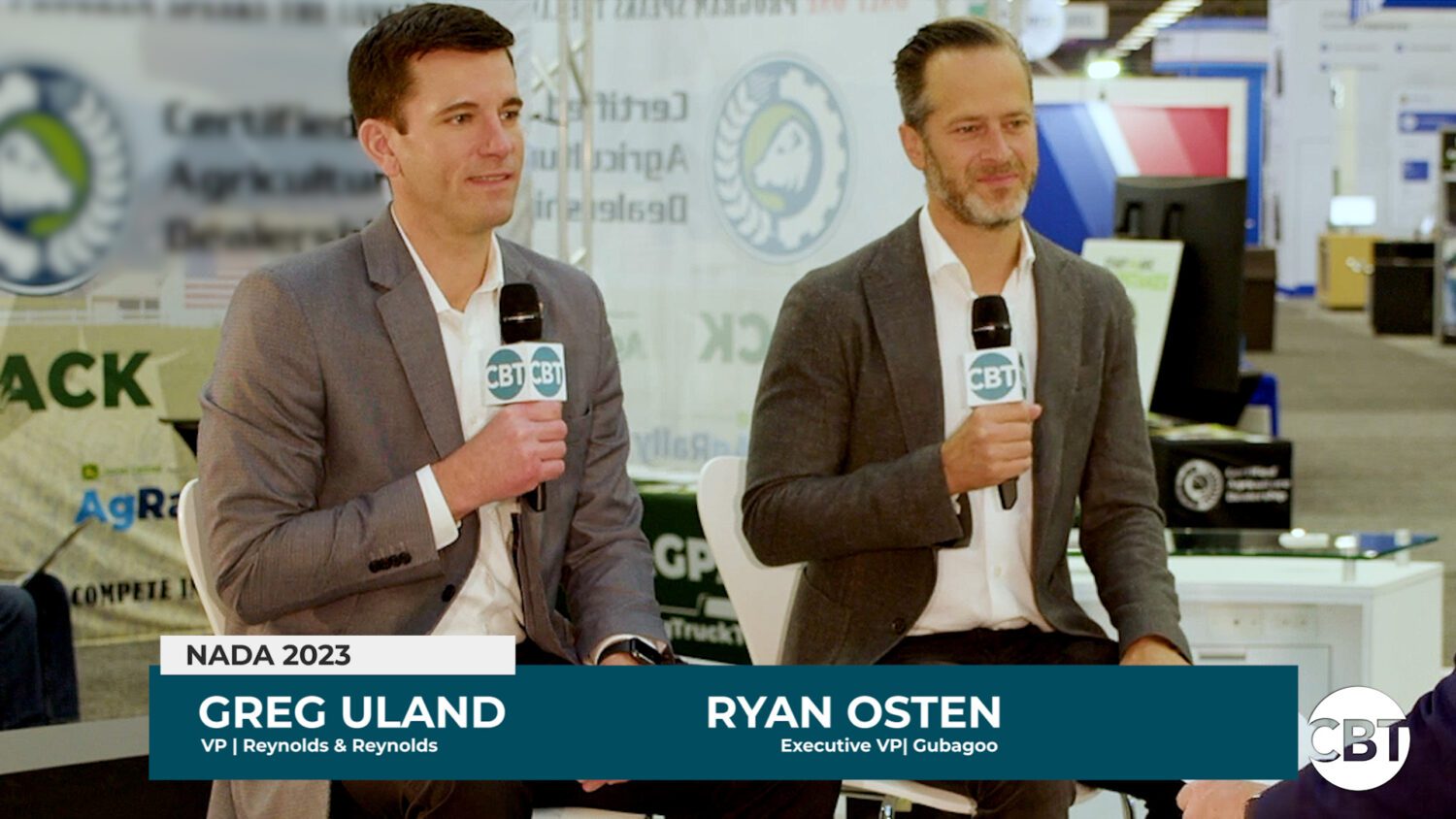Dealers have transformed the car buying experience with customers in mind, but many question the success of these changes. Recently, Cox Automotive published its 13th annual Car Buyer Journey Study, which analyzes changes in the buyer experience. Researchers surveyed 10,000 consumers who participated in the car market throughout 2022, a majority of whom went on to complete their purchase. Isabelle Helms is the Vice President of Research & Market Intelligence at Cox Auto, and helped oversee the study. On this episode of Inside Automotive, Helms joins host Jim Fitzpatrick to discuss three key takeaways for dealers.
Overall satisfaction declined in 2022
2022 was the second consecutive year in which customer satisfaction with the car buying experience decreased. Buyers have multiple sources of frustration when it comes to vehicle shopping, and the last three years have exacerbated many of these issues. Low supply due to poor production output and supply chain disruptions caused prices to skyrocket. The cost of living has also increased in conjunction with insurance premium and interest rate hikes, making it increasingly difficult for shoppers to find a vehicle within their budget. “Unfortunately this also meant that the car buyer journey became far less efficient for everybody,” notes Helms. On average, the lack of affordable models extended the length of time buyers spent researching and shopping by nearly two hours, in comparison to 2021.
 |
Preorders spiked
Not only did consumers preorder more often in 2022, but those who did also reported a higher level of satisfaction than those who purchased in-store. “Nearly one in five new vehicle sales last year were preorders,” explains Helms. “That’s an 89% increase year-over-year.” Although luxury vehicles are typically preordered more often, much of last year’s increase was attributable to non-luxury electric vehicles such as the Ford Lightning. Research has also shown that roughly 80% of shoppers who make pre-release purchases are generally more content with their experience in comparison to those who journeyed to a storefront. This trend in the car buying experience is likely to continue into 2023, opening up new opportunities for dealers to profit off of digital sales.
Digital solutions make for a better experience
Both dealers and customers overwhelmingly agreed that digital solutions make a great difference towards improving the car buying experience. Helms notes that nearly 90% of dealers report that modern technology improved their business, whether in the form of better efficiency, customer service or profit. However, only one in three storeowners offer their clients the ability to conduct the entire car purchasing process online, even though the number of consumers who prefer to shop digitally grows every year. “Ultimately, we know consumers want the option to do more things digitally, and the dealers who provide it to them will be the ones that win,” concludes Helms.
Did you enjoy this interview? Please share your thoughts, comments, or questions regarding this topic by connecting with us at newsroom@cbtnews.com.
Be sure to follow us on Facebook, LinkedIn, and TikTok to stay up to date.
While you’re here, don’t forget to subscribe to our email newsletter for all the latest auto industry news from CBT News.







